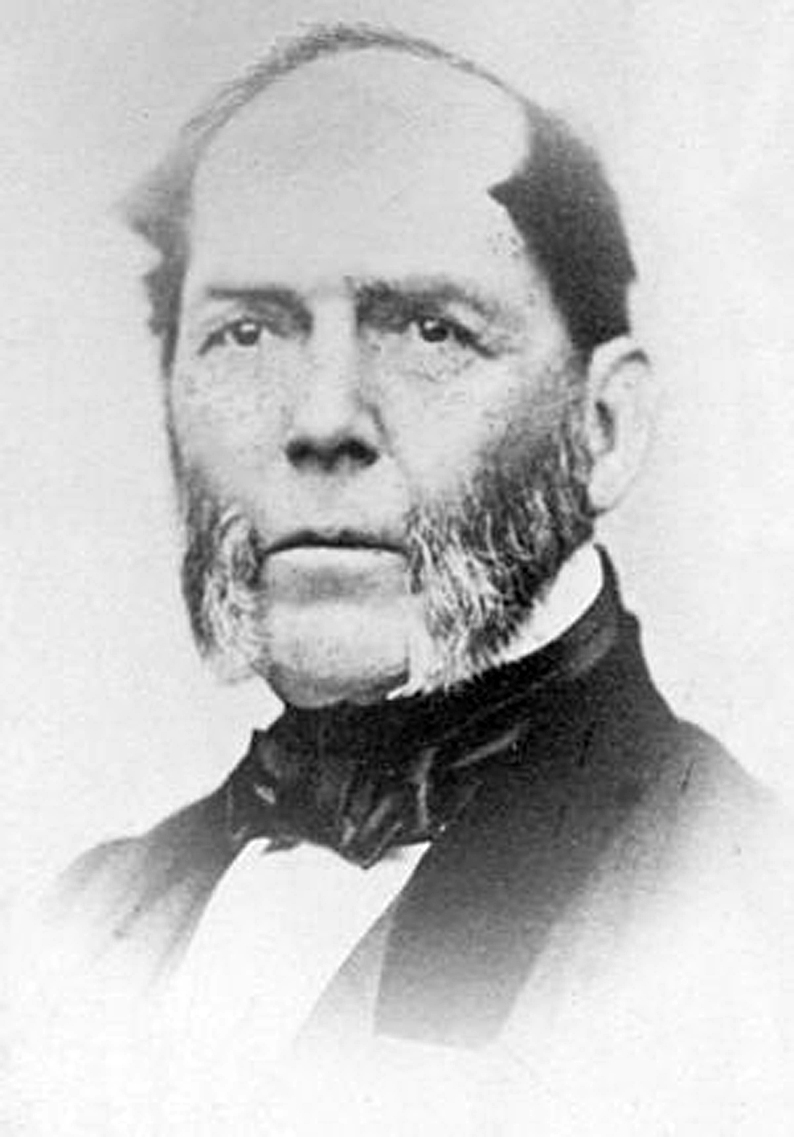Project Description
Geologist Biography
Abraham Gesner was the first provincial geologist in New Brunswick (1838–1842) and in Canada. He likely was also the earliest scientist to study The Hopewell Rocks of New Brunswick. Gesner was broad-chested, of medium height, and had penetrating dark eyes.
He wore a topcoat and breeches in the field and travelled the woods on a large black horse. His knapsack held geological equipment, healing remedies and a flute to play by his campsite after supper.
He gave popular science lectures that featured explosive gases and gory specimens: audiences loved him.
He was also a devoted if eccentric father. However, dreadful luck shadowed Gesner throughout his life. His job as provincial geologist ended in 1842, in part because he argued with the politicians in power.
He tried to mine the mineral albertite from a site near Hopewell but lost the property after one of the most sensational court battles in 19th-century Canada.
He invented kerosene yet had his patents overturned by a later inventor … and then was fired by his own kerosene company. The albertite mine and kerosene company made millions of dollars for their eventual owners.
As for Gesner, he died in poverty. His wife could not afford a headstone, and he was buried in an unmarked grave in his native Nova Scotia.
During his lifetime, Gesner was ridiculed by his peers and the press. His wildly naive reports about “world-class ore deposits” brought investors more grief than gain. Yet some of his geological predictions were remarkably accurate, considering the physical challenges of mapping in New Brunswick during the mid-1800s.
What’s more, his views on social justice and reform were decades ahead of his time.
Happily, history has proven kind to Gesner.
In 1933 his gravesite received a monument to honour his pioneer role in oil refining. And today? He is recognized as The Father of the Petroleum Industry.


